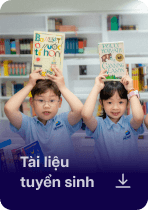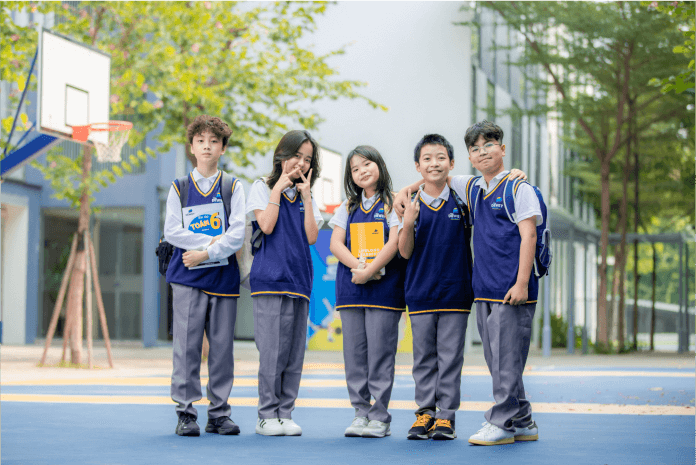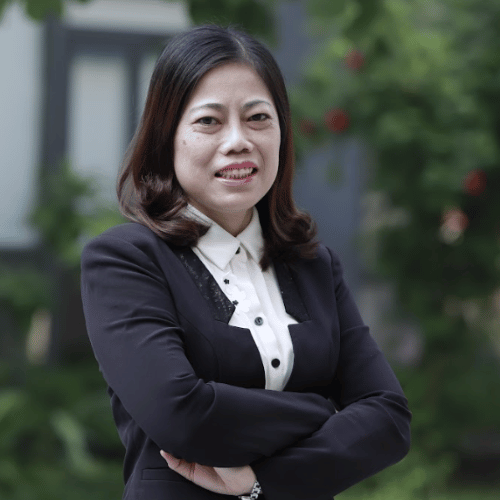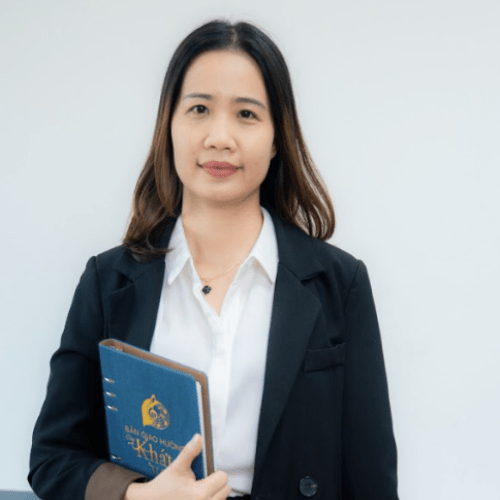Is becoming a Global Citizen simply about mastering English and staying updated on global events?
At The Dewey Schools, the concept of a Global Citizen goes far beyond that. Global Citizenship Competency Standards emphasize skills such as empathy, communication, critical thinking, collaboration, understanding differences, and respectful interaction. These qualities empower students to confidently engage, act responsibly, and make a positive impact in their communities.

In every class, students explore social issues in accessible, relatable ways. Through teacher-led discussions, they reflect, form personal opinions, and work collaboratively, fostering a multi-dimensional perspective and developing empathy for individuals within their communities, ultimately guiding them toward thoughtful and appropriate actions.



Recently, Grade 9 TDSers participated in a lesson on “Breaking Stereotypes,” which began with the story of two frogs. Teachers posed reflective questions: Why does one frog, after falling into a well, easily give up when told “It’s too hard” or “You can’t do it” by others? Why does the other frog, who is deaf, manage to succeed in jumping out of the well?



By answering these questions, students learn that “fixed judgments” about someone or something are actually “stereotypes.” The frog that escapes the well symbolizes those who successfully break stereotypes and strive to achieve their goals.
After this initial reflection, TDSers work in groups to develop critical thinking skills. They take on the roles of Gen Z and adults, debating and defending themselves against the stereotypes raised by the opposing team.

Mr. Vu Duc Anh, Global Citizenship teacher at The Dewey Schools, emphasizes that global citizenship isn’t confined to a single class or subject but is thoughtfully integrated across all subjects. “For example, students’ practical assignments on breaking stereotypes require knowledge of history and geography linked to social systems and natural characteristics in order to understand how stereotypes have existed, evolved, and manifested in human societies. This approach allows students to form their own perspectives and see the practical value of the lesson. In their work, we clearly see how stereotypes—like class discrimination, racism, and gender bias—are explored through historical and geographical contexts.”

Global citizenship and intercultural learning are two of the three foundational pedagogical pillars at The Dewey Schools. The school is committed to providing students with multicultural experiences and opportunities to engage with global issues. This approach helps students develop communication and collaboration skills, empowering them to become confident, empathetic leaders who think critically, interact with respect, and act responsibly.

Gen Z: superficial and carefree? Adults: conservative and rigid? Stereotypes can only be broken when we cultivate empathy, embrace differences, and engage with respect. These are the essential skills that shape a confident, responsible global citizen eager to contribute positively to their community.


























